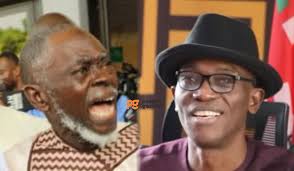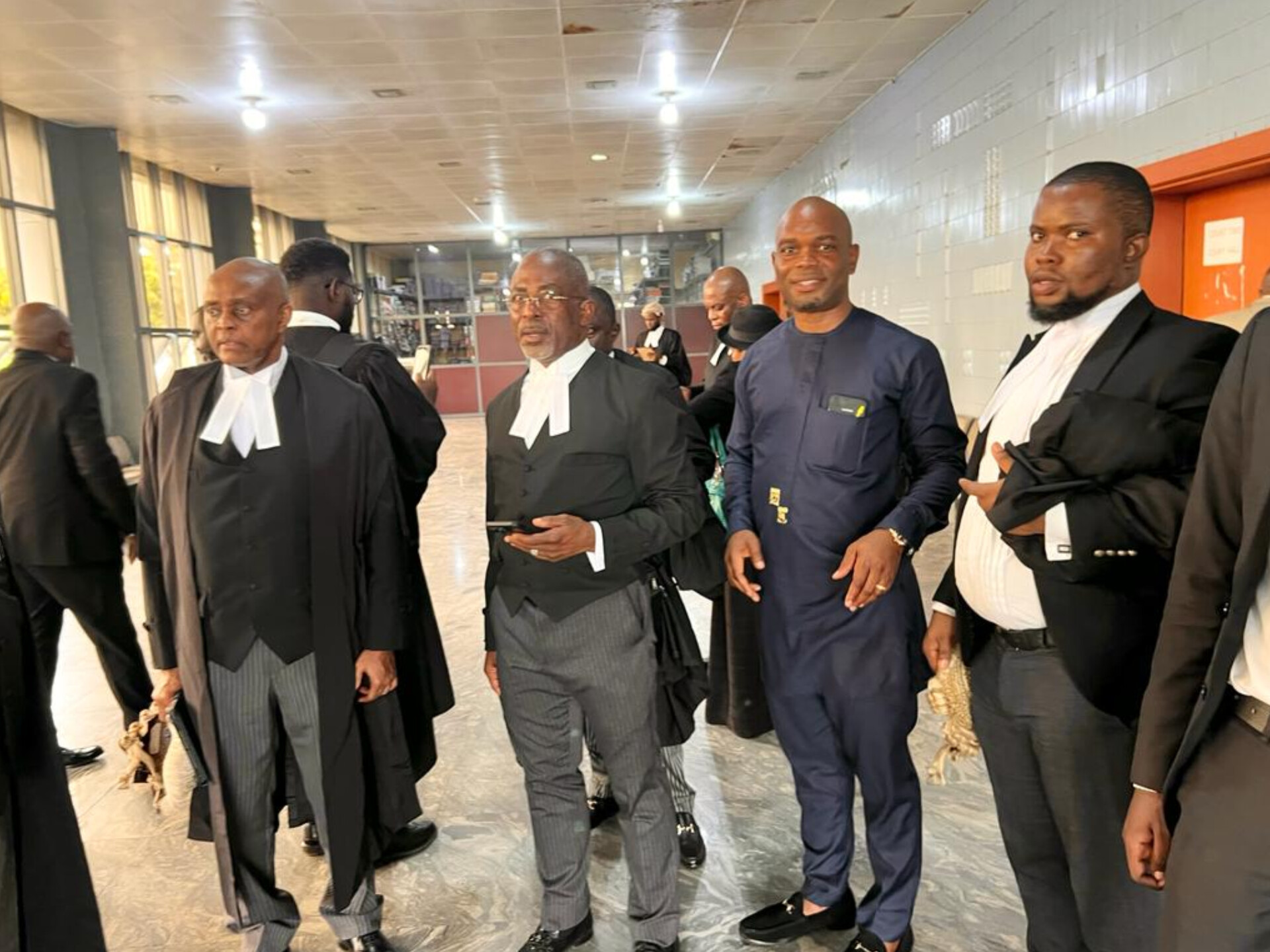Upset by the United States Magistrate Court’s order directing Chicago State University to release his academic records to the Peoples Democratic Party (PDP) presidential candidate, Abubakar Atiku, President Bola Tinubu on Thursday switfully filed an emergency application with the District Court to stall implementation the order’s .
The magistrate court had given Chicago University 48 hours ending Thursday evening Chicago time to release Tinubu’s records to Atiku.
However, Tinubu, apparently rattled by the court order, alleged in a fresh application on Thursday that Judge Jeffrey Gilbert breached the constitution by acting as a final court in such matters of discovery.

The anxious President Tinubu contended that a magistrate should only report and recommend to the district judge in such matters.
Tinubu further argued that the Magistrate court had issued what seemed to be a final order on September 19, demanding immediate compliance starting on September 21.
“Intervenor asks this court to enter an immediate order delaying the effect of the Magistrate’s order, at least until Monday, September 25, 2023, so the court may fully consider both the scope of the Magistrate’s authority to issue the order without review and the issue of whether the Magistrate’s order was a correct application of the law to the facts presented.”
He requested the court to delay the effect of the Magistrate’s order until September 25, 2023, to fully consider the order’s scope and its application of the law to the facts presented.
In the motion filed by his lawyer, Mr Carmichael, Tinubu emphasised that other courts, considering the authority of Magistrate to rule on Section 1782 applications, opted for issuing reports and recommendations.
“Intervenor raises a substantial question about the Magistrate’s authority to resolve the Section 1782 petition and order immediate compliance by Chicago State University.
“‘If Chicago State University complies with the Magistrate’s order prior to this Court having an opportunity to review the order, Intervenor will suffer prejudice because the information will have been disclosed and effective relief will be impossible.
“The order requires the documents to be produced today. (Dkt. 40, pg. 31.)
“By contrast, Tinubu maintained that he has at least until September 27 to submit material, if not longer, and, as the Magistrate commented, the “tight timeframe” was created “in no small part” by applicant. (Dt. 40, pg. 28.)
“That leaves enough time for the Court to review the ruling and, if discovery were permitted to proceed, for the applicant to still obtain the information sought.
“Due to the timing for compliance by Chicago State University — later today ~ Intervenor is filing this motion separately from its challenge to the Magistrate’s ruling on the application. Intervenor intends to file by the end of the day, a substantive brief addressing the errors in the magistrate’s decision.
“Intervenor requests that the Court defer compliance by Chicago State University until Monday, which will provide both an opportunity to review the Magistrate’s ruling, and, if ordered, to allow the discovery to proceed before September 27.
“For example, a production could accur on Tuesday morning, be followed by a deposition in the afternoon, and a court reporter can provide a rough or real-time transcript that evening.
“Counsel for intervenor, Christopher W. Carmichael communicated with counsel for applicant Alexandre de Gramont, who opposes the motion.
“Wherefore, intervenor prays that the court grant the emergency motion and delay compliance with the magistrate’s September 19, 2023 order until the end of the day Monday, September 25, 2023”, the documents read.
Tinubu’s motion was seen by the Special Adviser on Media and Publicity to the former Vice President, Mr. Paul Ibe, who confirmed its receipt.
Ibe, however, viewed Tinubu’s motion as a delay tactic to stall the release of academic records before the Supreme Court commences hearing of Atiku’s appeal against the September 6 judgement of the President Election Petition Court.
“It should be now obvious even to the blind that Tinubu is hiding something in his records at the Chicago State University, and even elsewhere. I do hope whatever it may be, it will not be of a scope that will give Nigerians a heart attack. Nigerians will soon see the true position of Atiku on the records of Tinubu at CSU. It is just a matter of time,” Atiku’s aide said.




